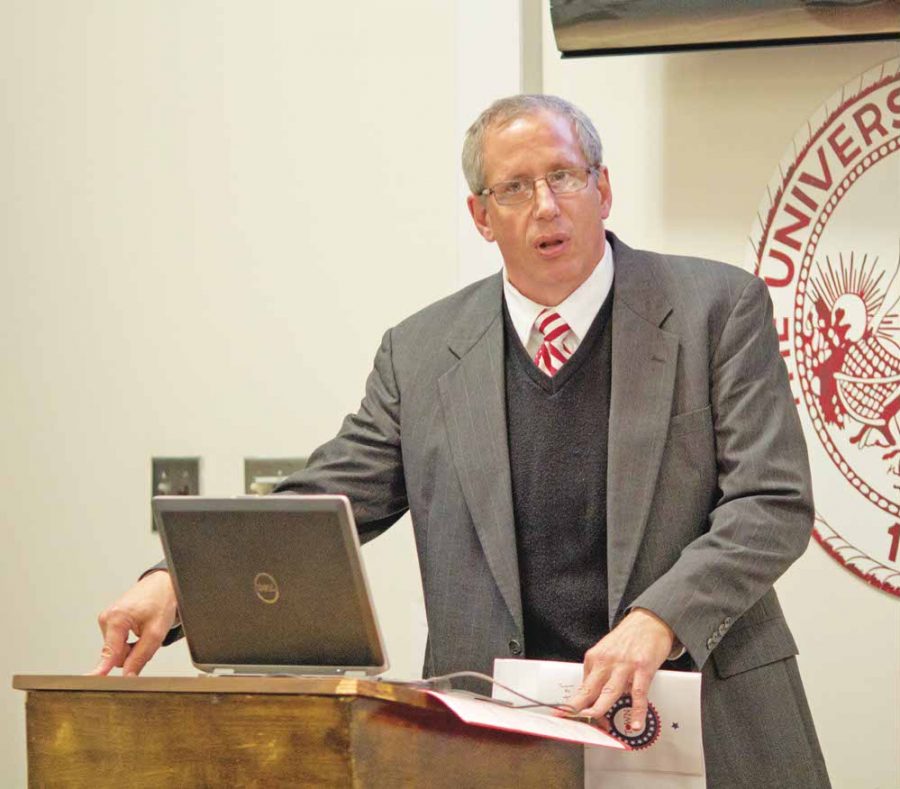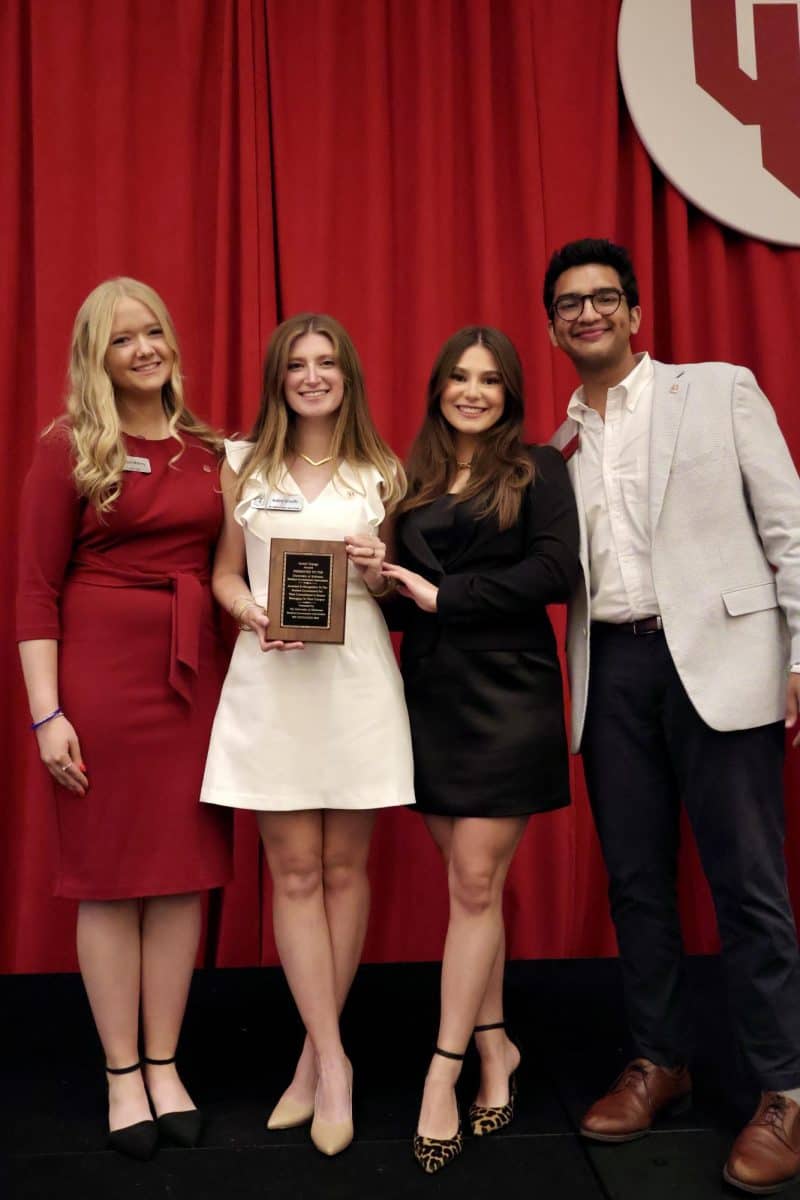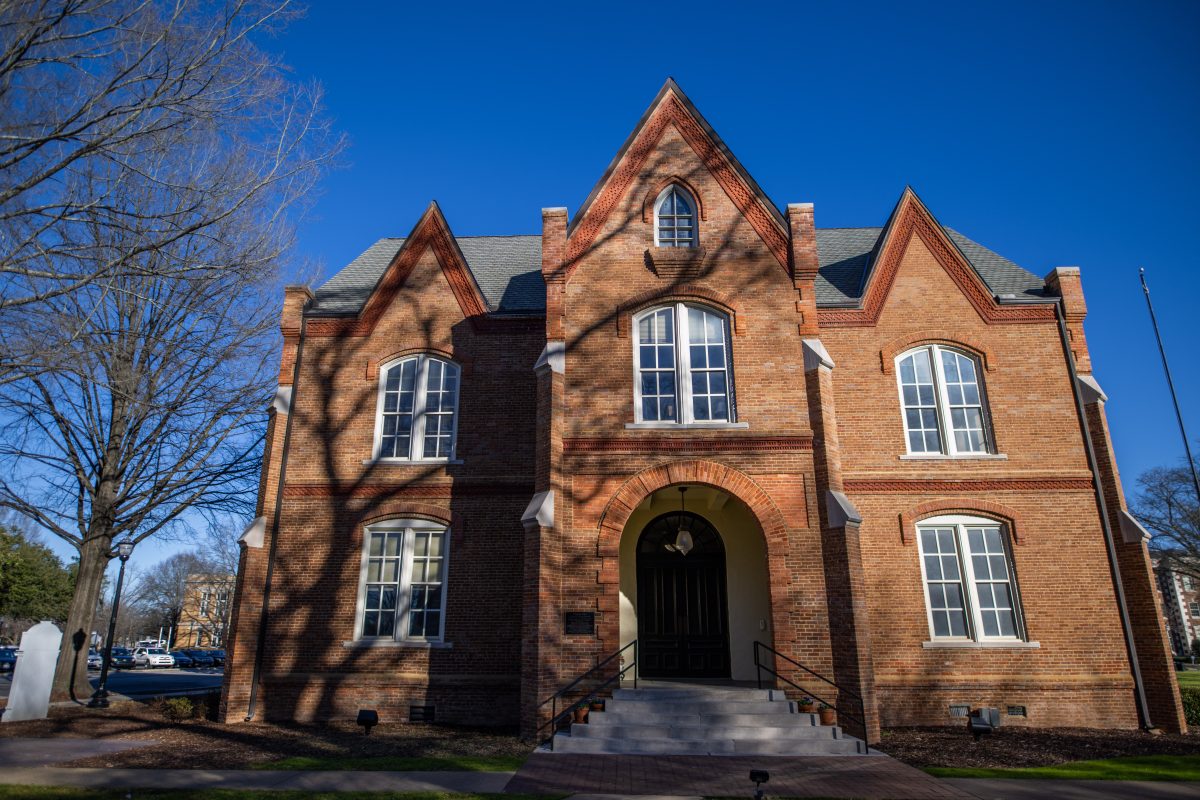Student debt is a heavy burden for many college students today. On average, about 12 million students are receiving federal funding in some way and the nationwide total for student debt is something to the tune of $1 trillion, Helen Allen, director of student financial aid, said.
On Monday night Allen spoke at the Honor’s College Town Hall panel, “Show Me the Money: State Funding and Student Debt.” Bill Poole, Alabama house representative and Stephen Katsinas, director of the education policy center, joined her on the panel. Together they addressed the current state of federal funding and student debt, actions that need to be taken and the reality of choosing to use student loans.
“The topic of student debt is very relevant at the university level but it also affects students on the national level,” Edward Woodall, Town Hall coordinator, said.
Allen spoke first, using her knowledge of federal loans and student financial aid, to explain the state of student debt. The total cost of attending The University of Alabama for an in-state student is around $27,870 while the cost for an out-of-state student is $42,740, Allen said. Forty percent of the students that attend the University are using some sort of federal money through scholarships, grants, work-study programs, or loans.
Where students run into problems is when they graduate and it becomes time to pay back their student loans, Allen said. Ten percent of all students with loans nationwide end up defaulting on their loans at some point.
“UA’s default rate is just climbing and climbing and climbing,” Allen said. “If you look at some of our SEC sister and brother schools the rates are much lower.”
Allen said there are numerous factors that contribute to the University’s default rate, including job availability and the value of a UA degree in other states.
Stephen Katsinas, director of the Education Policy Center and professor of Higher Education Administration at UA, was the second speaker on the panel. He spoke on the state of higher education and the access students have to funds. He said the cost of higher education has shifted in just his lifetime.
“Responsibility to fund access has shifted to students and to the federal government,” Katsinas said.
He further addressed the role that the entire economy plays in funding higher education. He specifically referred to Medicaid and its impact on state funding.
“If the federal government can’t control its price increases, then neither can the states,” Katsinas said.
Katsinas said one of the orders of action should be to let members of the federal congress know that the student debt issue is important.
“The challenge is to match the potential for progress to what we have in front of it,” he said.
After the event, Sarah Alyce Hartley, a sophomore majoring in biology and anthropology, said she thought it was interesting to hear Katsinas explain how other aspects of the economy affect student loans and how much money goes into that, especially Medicaid.
Bill Poole was the final speaker on the panel. He addressed where state funding remains right now and how funds can be appropriated to further higher education. Poole said the state was off to a good start for fiscal year ’14 after finishing with a surplus for fiscal year ’13. Some of that money, he said, may be used to put into K-12 and higher education.
“It is so important, for the reasons that we just heard – access to education, debt – that we have affordable tuition,” Poole said.
He encouraged students who are looking into graduate programs and advanced degrees to consider the cost of the education. Poole said students must consider whether the university name on their degree is worth a higher cost to get that name.
“Be mindful of where you are going and what you are doing,” Poole said. “Because you will carry that with you for the rest of your life.”







